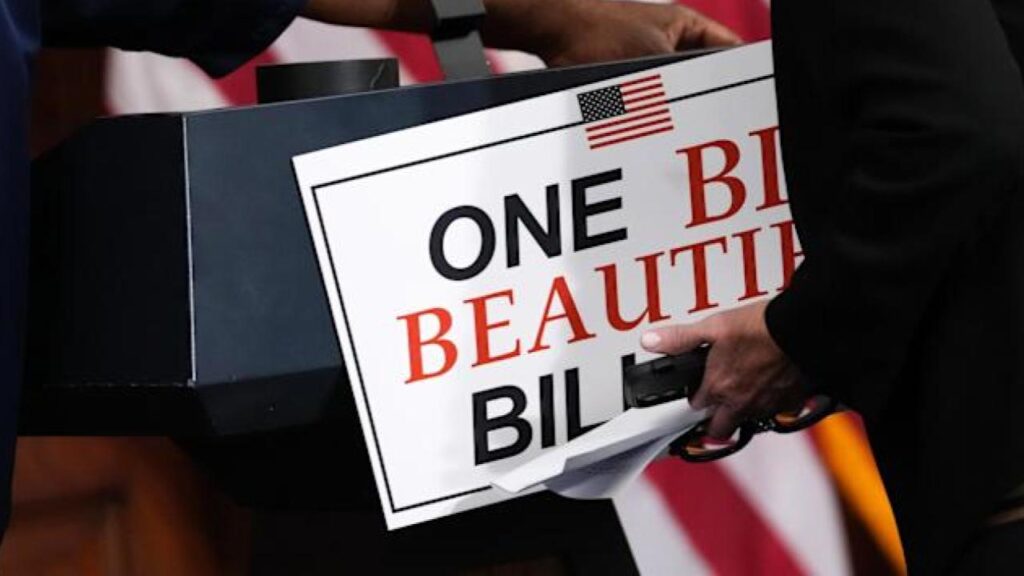Donald Trump’s latest legislative move is being hailed as a win by some seniors and panned as a bait-and-switch by others. The centerpiece of his new economic proposal, dubbed the “One Big Beautiful Bill,” touts the end of federal taxes on Social Security benefits. But a closer look shows that promise might not be what it seems.

No Taxes on Social Security? Trump’s New Bill Raises Eyebrows
| Takeaway | Stat |
|---|---|
| No actual repeal of Social Security benefit taxes | Only a deduction, not a full tax cut |
| Temporary nature of the relief | Deduction ends in 2028 |
| High cost of full repeal | $1.5 trillion over 10 years |
Trump’s “One Big Beautiful Bill” doesn’t eliminate Social Security taxes. It offers a temporary standard deduction that helps some seniors but leaves out many others. The messaging may win headlines, but the policy itself is a mixed bag. For retirees hoping for a tax-free Social Security check, the wait continues.
What the Bill Actually Does
Instead of repealing taxes on Social Security outright, the bill introduces a bonus standard deduction for older Americans:
- $4,000 in the House version
- $6,000 in the Senate version
This deduction applies to all income—not just Social Security—and is available to taxpayers aged 65 and up. However, it phases out for individuals earning over $75,000 and couples earning more than $150,000. The catch? It’s temporary. The deduction is set to expire after 2028.
Who Gains, Who Doesn’t
A lot depends on your income level:
- Low-income seniors: Unlikely to benefit, since many already pay no federal income tax.
- Middle-income seniors: May see modest savings or a reduction in taxes owed on their Social Security.
- High-income seniors: Won’t qualify due to income thresholds.
| Income Level | Benefit? | Details |
|---|---|---|
| Low-income | Minimal | Already pay little or no tax |
| Middle-income | Yes | Could see real savings |
| High-income | No | Deduction phases out |
Why Not a Full Repeal?
There are a few big reasons:
- Senate Rules: The Byrd Rule blocks major Social Security changes in reconciliation bills.
- Budget Impact: A full repeal would cost $1.5 trillion over 10 years.
- Trust Fund Warnings: Social Security trust funds are already on track to run dry by 2034. Cutting revenue accelerates that.

Mixed Messages Stir Backlash
Confusion reached a peak when the Social Security Administration (SSA) emailed recipients saying the bill would “eliminate federal income taxes on Social Security benefits for most beneficiaries.”
Critics called this misleading. Fact-checkers confirmed the bill only adds a deduction—not a repeal—and doesn’t directly change how Social Security benefits are taxed. “It’s not a repeal of taxes on Social Security. It’s a temporary deduction,” explained Erica York of the Tax Foundation. “The rhetoric doesn’t match the policy.”
Expert Insight: Tread Carefully
Having worked on tax policy communications during my time at a D.C. think tank, I can tell you: language matters. Telling people their taxes are “gone” when they aren’t leads to distrust. And that can hurt everyone—especially seniors trying to plan their retirements.






